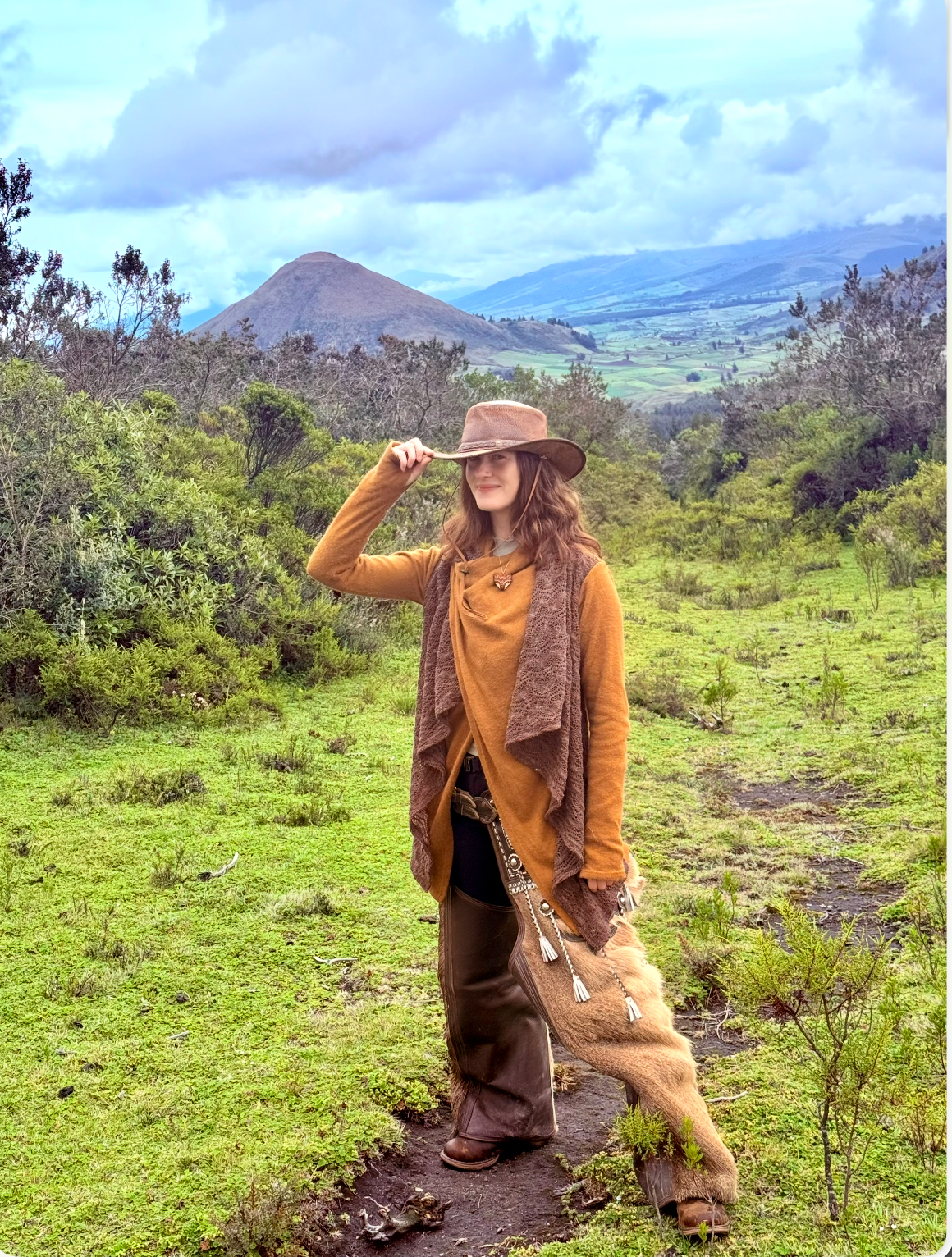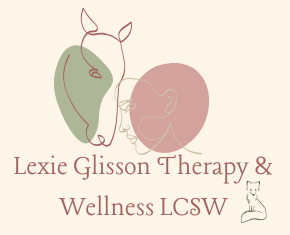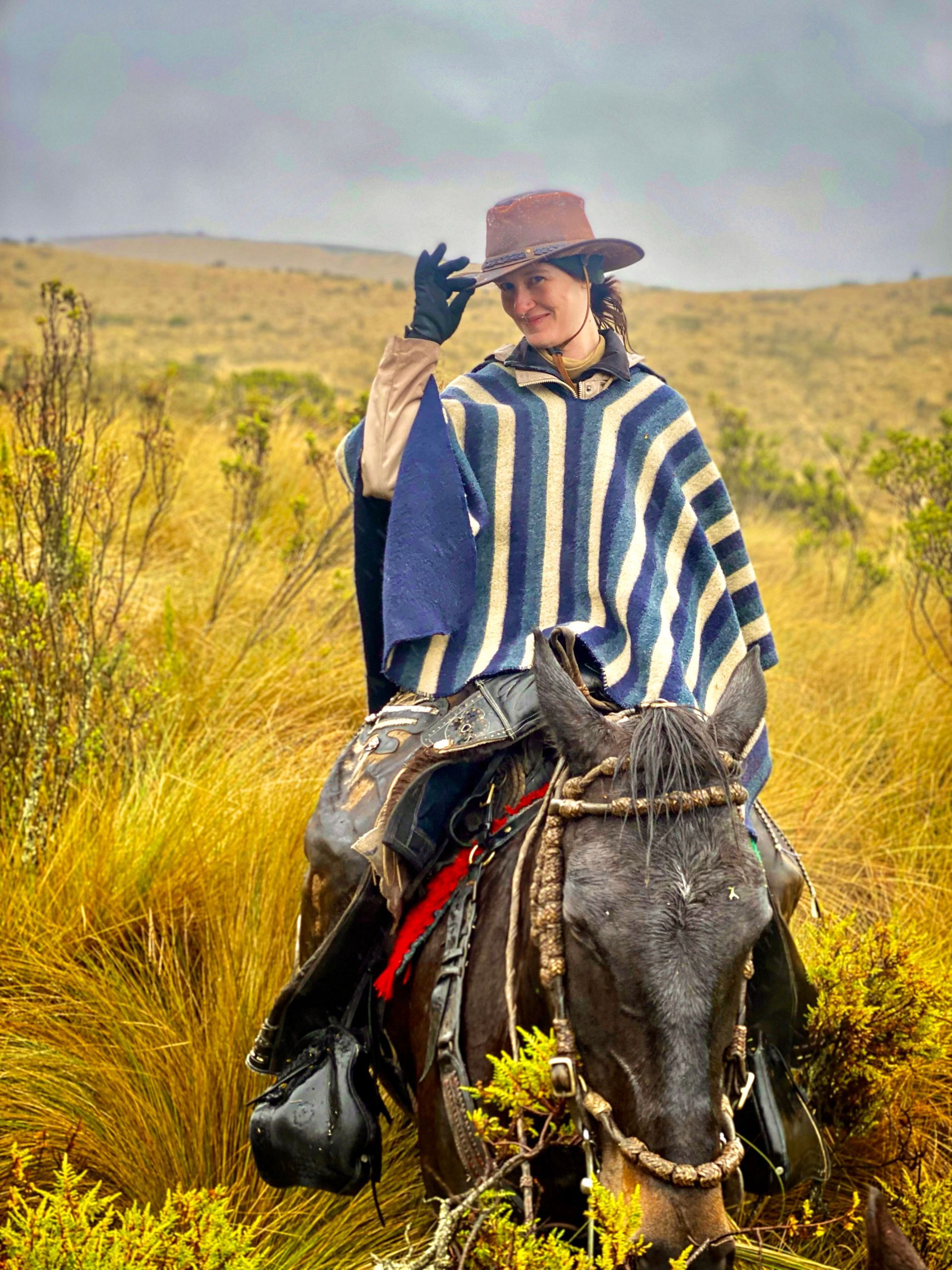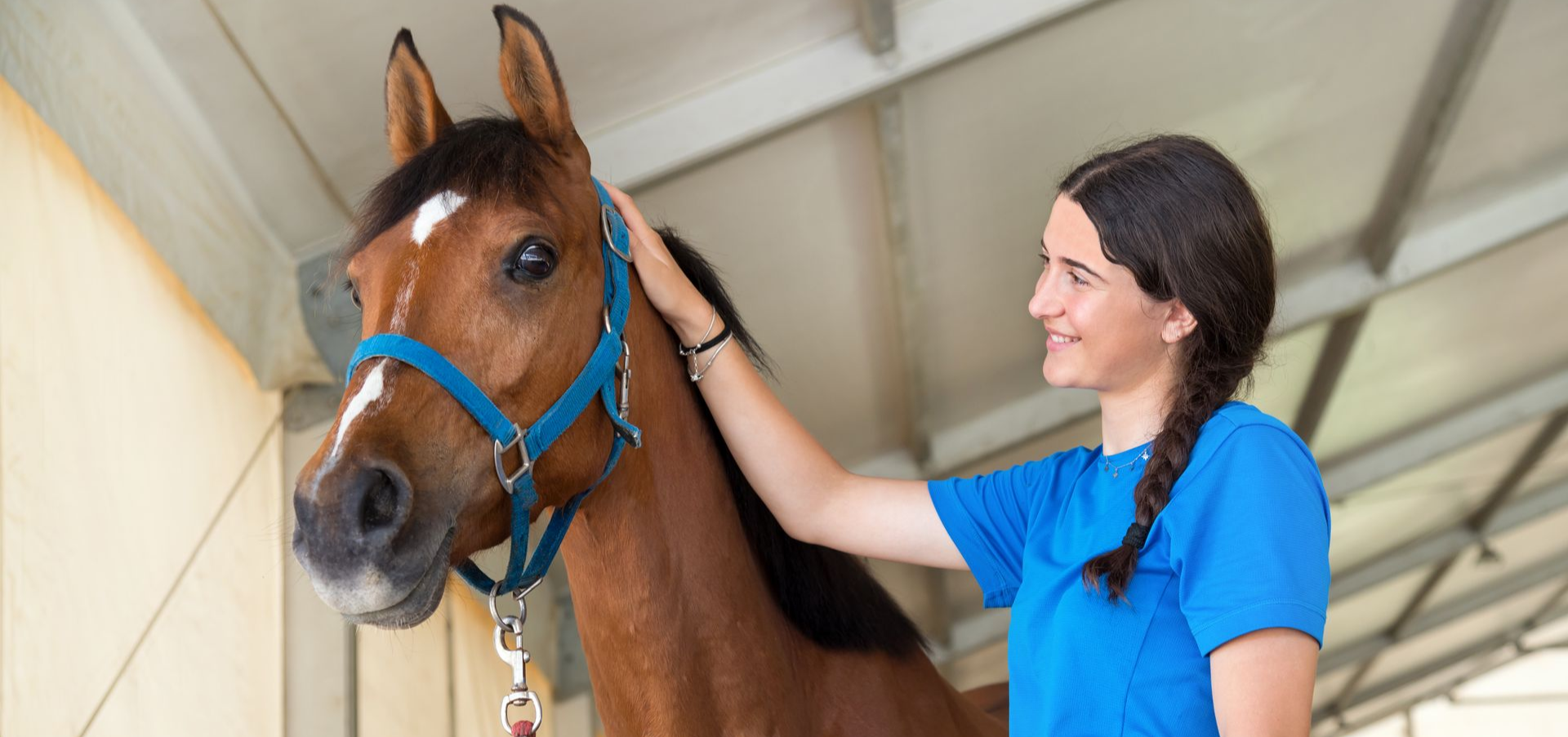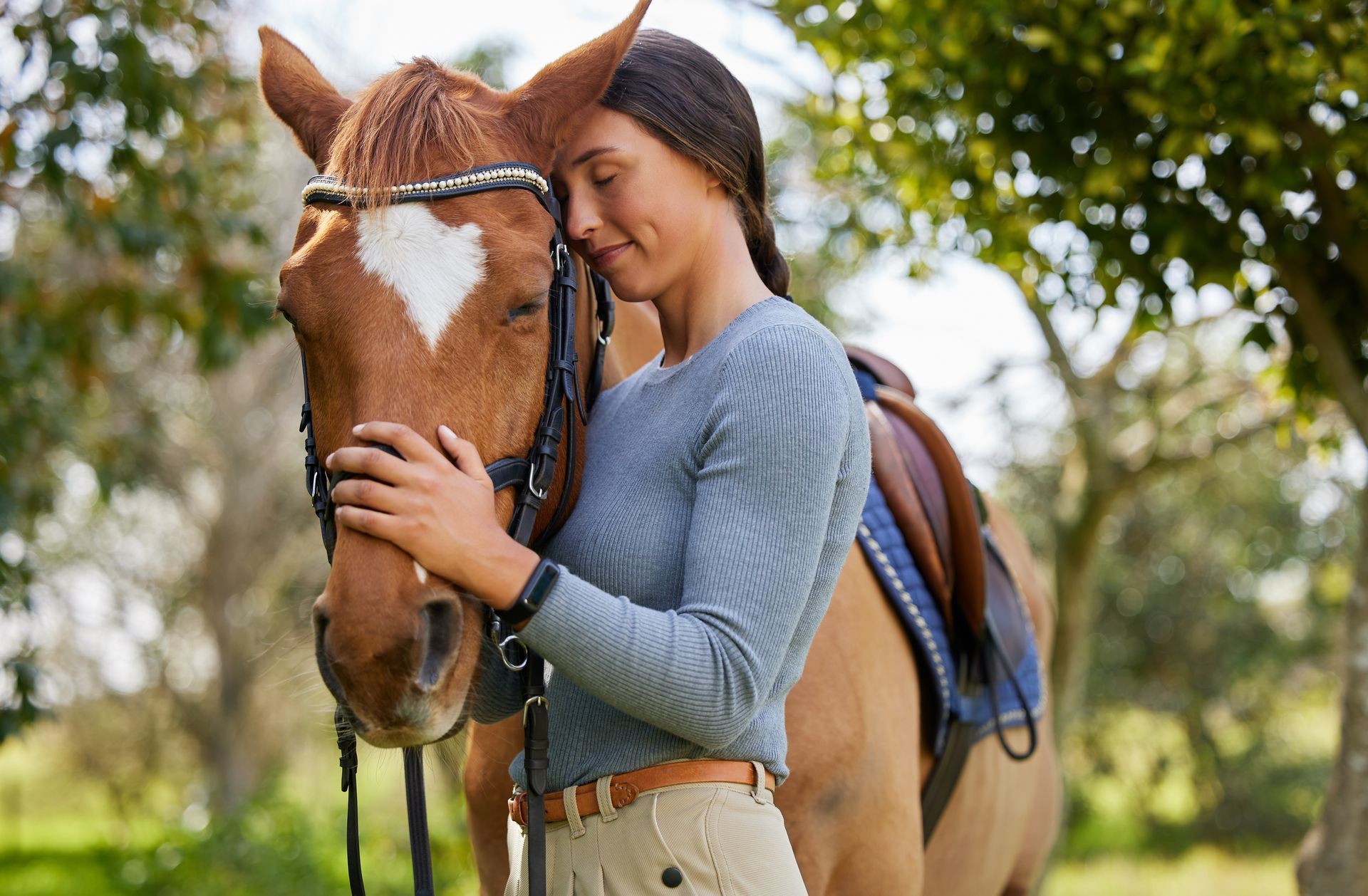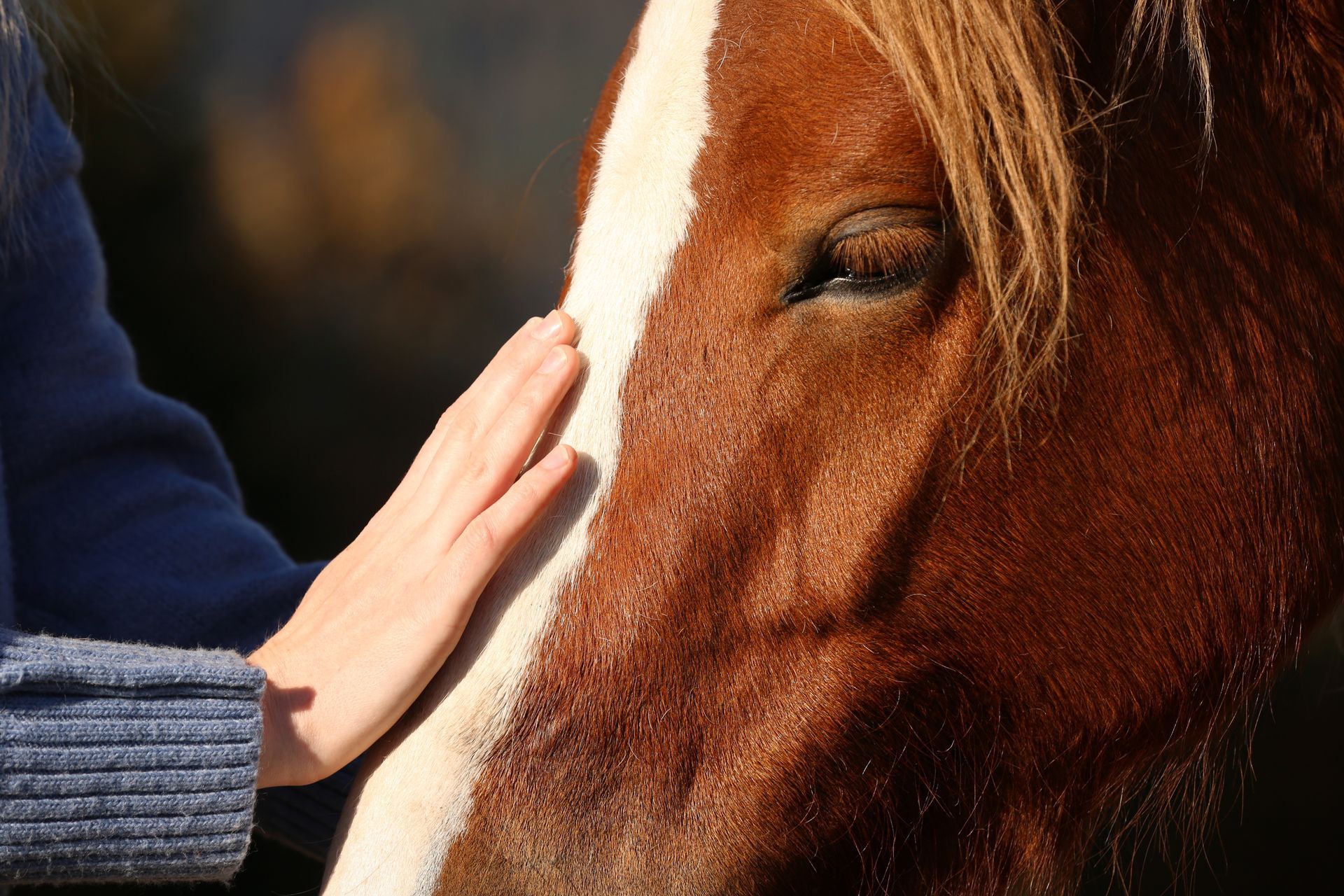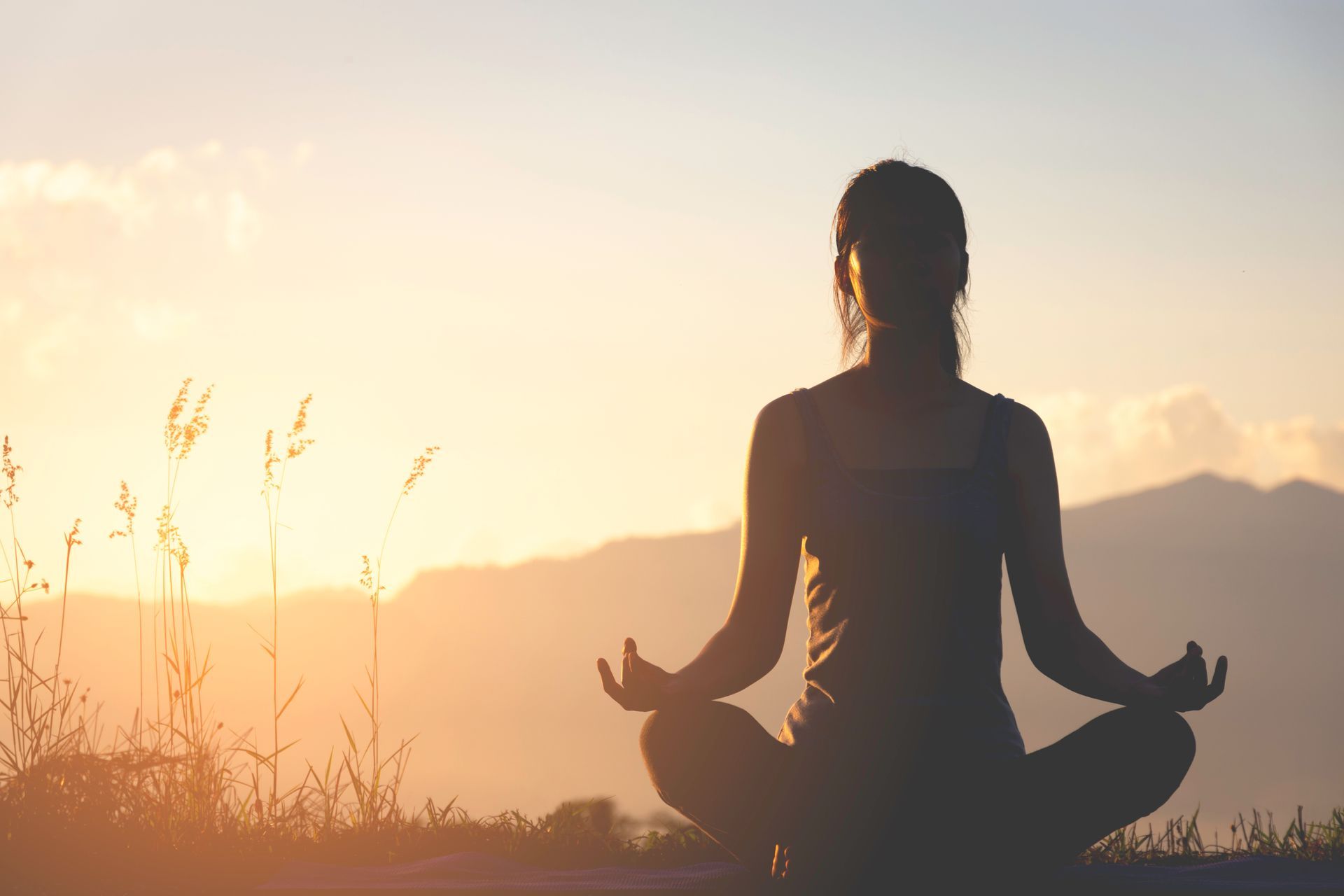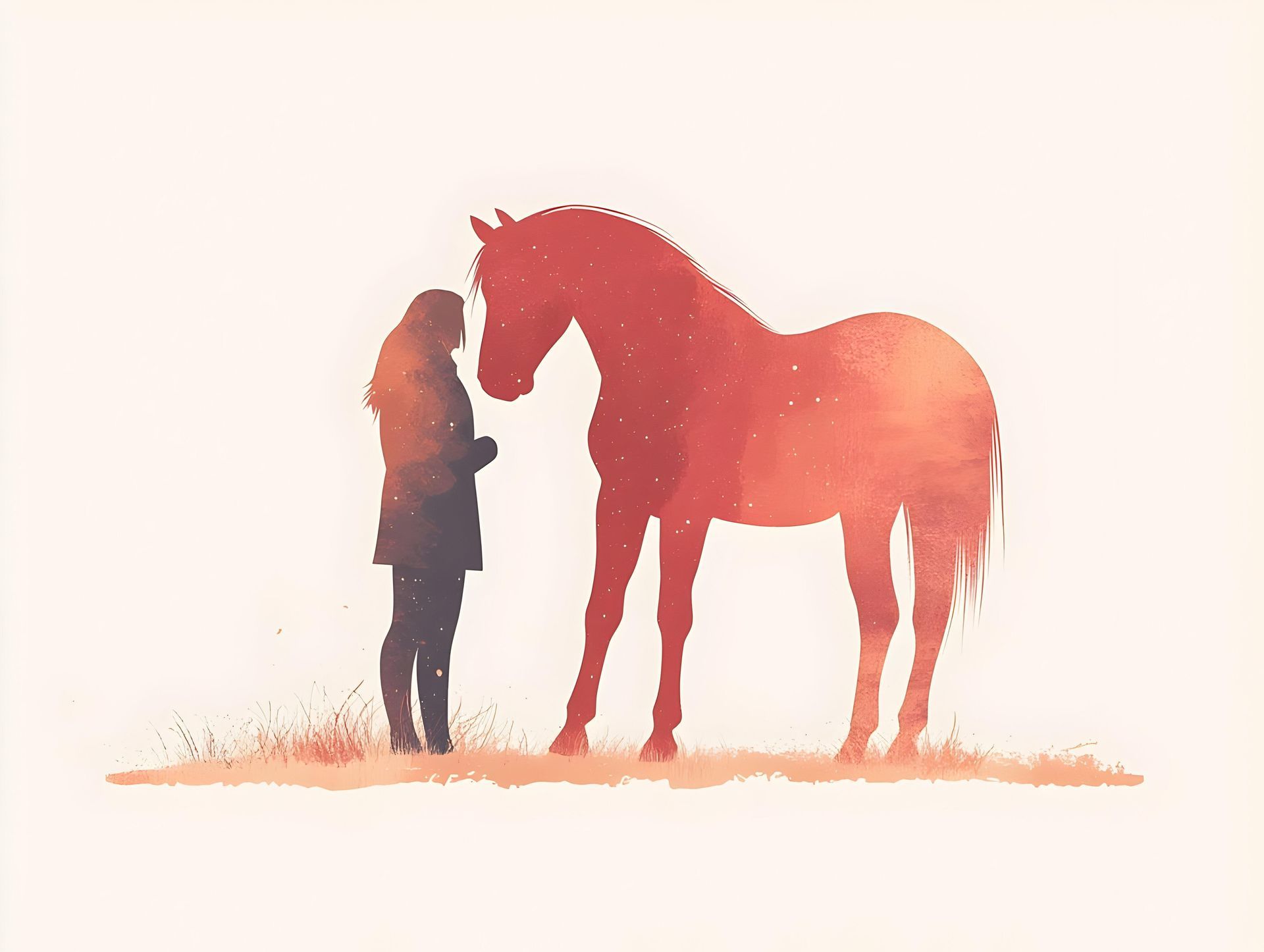In our hyperconnected world, everyone has an opinion about how you should live your life. Your parents think you should choose a more stable career. Your friends question your relationship choices. Social media influencers tell you what success should look like. Your professors push you toward certain paths. Extended family members offer unsolicited advice at every gathering. With so many voices telling you what's "right," how do you learn to trust your own inner wisdom?
As a therapist working with young adults navigating this exact challenge, I've seen how external opinions can drown out our internal guidance system. But I've also witnessed the profound transformation that happens when people learn to reconnect with their own knowing—often through the wisdom of horses and nature, who never lie about what feels authentic.
Why Is It So Hard to Trust Yourself Today?
Information Overload and Expert Culture
We live in an age where expert opinions are available 24/7. Podcasts, books, articles, and social media content constantly tell us the "right" way to live, work, eat, exercise, date, and exist. While access to information can be valuable, it can also create paralysis and self doubt.
The Problem: When we're constantly consuming other people's answers, we stop developing our own inner compass.
Social Media Amplifies Everyone's Opinions
Social media has given everyone a platform to share their thoughts about how life should be lived. We're exposed to thousands of opinions daily about everything from career choices to relationship decisions to lifestyle preferences.
The Reality: Most of these opinions come from people who don't know your unique circumstances, values, or inner truth.
Fear of Making the "Wrong" Choice
With so many options and opinions available, every decision feels monumentally important. The fear of making the "wrong" choice can paralyze us into seeking more and more external validation rather than trusting our own judgment.
Disconnection from Our Bodies and Intuition
Modern life keeps us in our heads, analyzing and overthinking rather than feeling and sensing. We've lost touch with our body's wisdom and intuitive knowing—the very systems designed to guide us.
What Happens When You Don't Trust Yourself?
Decision Paralysis
When you don't trust your own judgment, every choice becomes overwhelming. You research endlessly, seek multiple opinions, and still feel uncertain because you're looking everywhere except within yourself.
People-Pleasing and Resentment
Without trust in your own needs and desires, you default to pleasing others. This leads to resentment, exhaustion, and a life that feels like it belongs to someone else.
Anxiety and Self-Doubt
Constantly second-guessing yourself creates chronic anxiety. You worry about every decision and doubt your ability to navigate life successfully.
Loss of Authenticity
When you're always following others' advice, you lose touch with who you really are and what you actually want. Your life becomes a collection of other people's ideas rather than your own authentic expression.
Regret and "What If" Thinking
Living according to others' opinions often leads to regret and wondering "what if I had trusted myself?" You may achieve external success but feel empty inside.
How Do Horses Teach Us to Trust Our Inner Wisdom?
In my equine-assisted therapy practice, horses have been my greatest teachers about trusting inner wisdom. Here's what they've shown me:
Horses Respond to Authentic Energy, Not Performance
You can't fake confidence or calm around a horse. They respond to your authentic internal state, not what you're trying to project. This teaches you to get honest about what you're really feeling and thinking, rather than performing what you think others want to see.
They Don't Care About Others' Opinions of You
A horse doesn't care if you're the CEO of a company or a college dropout. They don't care about your social media following or your family's expectations. They respond to who you are in the present moment, teaching you to value your authentic self over external validation.
They Mirror Your Internal Confidence
When you're truly centered and confident in yourself, horses respond with respect and cooperation. When you're seeking validation or performing confidence, they sense the incongruence and respond accordingly. This gives you immediate feedback about your internal state.
They Teach Present-Moment Awareness
Horses live entirely in the present moment. To connect with them effectively, you must drop out of your anxious mind and into present-moment awareness—where your inner wisdom actually lives.
Why Does Nature Help You Trust Yourself?
Natural Rhythms Override Social Expectations
Nature operates on its own timeline and rhythms, completely independent of human opinions and social expectations. Spending time in nature reminds you that there are ways of being that exist outside of social conditioning.
Your Body Relaxes and Opens
In natural environments, your nervous system naturally regulates. When you're not in fight or-flight mode, you can actually access your inner wisdom and intuitive knowing.
No Judgment or Opinions
Nature doesn't have opinions about your life choices. Trees don't judge your career path, and mountains don't care about your relationship status. This non-judgmental presence creates space for your own truth to emerge.
Connection to Something Greater
Nature connects you to something larger than the opinions and expectations of your immediate social circle. This broader perspective can help you see beyond the noise of others' voices.
What Are the Signs You're Not Trusting Yourself?
You Ask Everyone Else Before Making Decisions
If your first instinct is to poll friends, family, or social media before making choices, you may have lost touch with your own decision-making capacity.
You Feel Anxious When People Disagree with Your Choices
While it's natural to want support, if others' disapproval sends you into anxiety spirals or makes you question decisions that felt right, you may be over-relying on external validation.
You Change Your Mind Based on Others' Reactions
If you frequently change course based on others' opinions rather than new information or genuine change of heart, you may not be trusting your own judgment.
You Feel Like You're Living Someone Else's Life
If your life looks good on paper but doesn't feel authentic to you, you may be following others' blueprints rather than your own inner guidance.
You Constantly Second-Guess Yourself
Chronic self-doubt and "what if" thinking often indicate disconnection from your own inner knowing.
How Can You Start Trusting Your Own Judgment?
Practice Body Awareness
Your body constantly gives you information about what feels right and what doesn't. Learn to notice physical sensations when making decisions—does something feel expansive or contractive in your body?
Exercise: Before making decisions, pause and notice: How does this option feel in my body? Light or heavy? Expansive or contractive? Energizing or draining?
Limit Input When Making Important Decisions
While seeking advice can be valuable, too much input can drown out your own voice. Try making some decisions with minimal external input to strengthen your internal decision making muscles.
Spend Time in Silence and Nature
Regular time away from others' voices—whether in meditation, nature walks, or quiet reflection—helps you reconnect with your own inner voice.
Notice What Energizes vs. Drains You
Pay attention to which activities, people, and choices leave you feeling energized versus depleted. Your energy is valuable information about what aligns with your authentic self.
Start Small
Begin trusting yourself with smaller decisions before tackling major life choices. What to eat, which route to take, how to spend your evening—these small choices help build self trust.
How Do You Handle Criticism When You Trust Yourself?
Remember That Others' Opinions Reflect Their Experience, Not Your Truth
When people criticize your choices, they're often speaking from their own fears, limitations, or experiences. Their opinions say more about them than about you.
Distinguish Between Helpful Feedback and Projection
Some feedback is genuinely helpful and comes from a place of care. Other "advice" is really about the giver's own anxiety or need to control. Learn to tell the difference.
Stay Connected to Your Why
When you're clear about your values and motivations, others' opinions have less power to shake you. Stay connected to why you made certain choices.
Practice Compassionate Boundaries
You can love people and still disagree with their opinions about your life. Set boundaries around unsolicited advice while maintaining relationships.
Find Your Tribe
Surround yourself with people who support your autonomy and authentic choices, even when they don't fully understand them.
What If You Make the "Wrong" Decision?
There Are No Perfect Decisions
Every choice has trade-offs. The goal isn't to make perfect decisions but to make authentic ones that align with your values and inner knowing.
Mistakes Are Information
When decisions don't work out as planned, they provide valuable information about what you want and don't want. This information helps you make better decisions in the future.
You Can Course-Correct
Most decisions aren't permanent. If something isn't working, you can adjust, change course, or make different choices moving forward.
Regret from Authenticity vs. Regret from People-Pleasing
You're more likely to regret decisions made to please others than decisions made from your authentic truth, even if they don't work out perfectly.
How Do You Know When You're Trusting Yourself?
Decisions Feel Aligned
When you're trusting yourself, decisions feel aligned with your values and authentic desires, even if they're challenging or unconventional.
You Feel Calm About Others' Opinions
While you may still care about others' thoughts, their opinions don't send you into anxiety spirals or make you question your fundamental choices.
You Take Responsibility for Your Choices
You own your decisions—both the outcomes you like and the ones you don't—rather than blaming others for advice they gave.
You Feel More Authentic
Your life increasingly reflects who you really are rather than who others think you should be.
You Experience Less Anxiety
When you trust yourself, you spend less energy second-guessing and more energy living.
What Role Does Therapy Play in Building Self-Trust?
Creating Safe Space to Explore
Therapy provides a non-judgmental space to explore your authentic thoughts and feelings without others' opinions influencing the process.
Identifying Patterns
A therapist can help you identify patterns of self-doubt and external validation-seeking that may be unconscious.
Reconnecting with Your Body
Somatic and nature-based approaches help you reconnect with your body's wisdom and intuitive knowing.
Processing Fear
Therapy can help you work through the fears that keep you from trusting yourself—fear of failure, rejection, or making mistakes.
Building Self-Compassion
Learning to treat yourself with kindness makes it safer to trust your own judgment, even when you make mistakes.
Your Inner Wisdom Is Waiting
Beneath the constant noise of others’ opinions, your inner wisdom is still there—quietly offering guidance through the sensations in your body, the clarity in your intuition, and the energy behind your choices. It holds insight no external voice can provide because it’s rooted in your lived experience, your values, and your truth.
You don’t have to earn it. You don’t have to prove anything to access it. You simply have to slow down, listen, and be willing to trust what arises.
The Journey Back to Yourself
Learning to trust yourself isn’t a single decision—it’s a gradual return to what you already know deep down. That process takes time, intention, and often support from safe spaces that honor your voice. Whether it's walking through nature, being in the presence of horses, or working with a therapist who helps you untangle internalized noise, the path back to yourself is always available.
If you're ready to take that next step toward trusting yourself, I’d love to
support you. Whether you're drawn to nature-based therapy,
equine-assisted sessions, or somatic approaches that help you reconnect with your body’s wisdom, there’s space here for your voice to be heard and honored.
